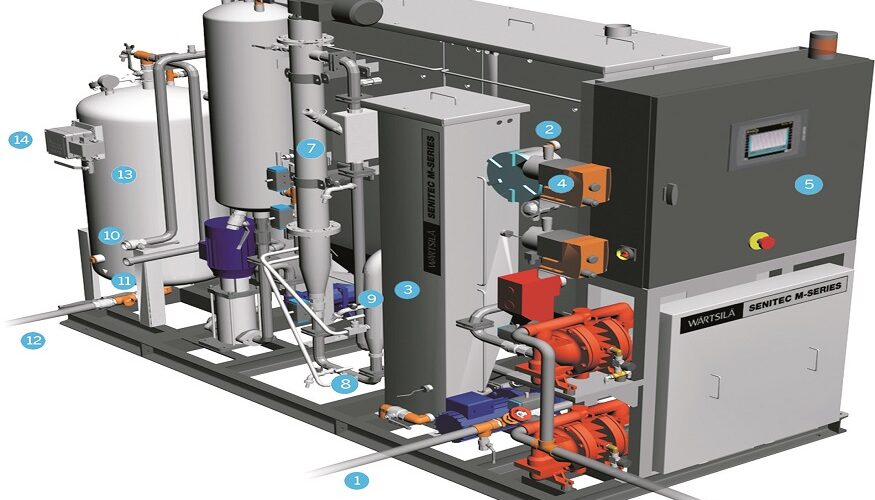While not every business needs to have a wastewater treatment system, there are certain industries where it’s practically required if business owners want to avoid polluting the environment or else introducing contaminants to the community’s sewage system. That said, there’s a good chance the wastewater treatment system will call for an oil water separator.
This piece of equipment is instrumental in treating wastewater and making sure it doesn’t contain any hazardous material before it goes down the drain or into a sewer. As you can tell from its name, it does so by separating water from oil, leaving only the latter to be released into, say, the community’s sewers.
Functions of an Oil Water Separator
The truth is, there are several different kinds, and each one has different capabilities. Therefore, you need to consult a professional to pinpoint what the best kind to use will be, and this will depend largely on the commercial or industrial application you plan to use it in.
Some separators work better for specific kinds of oil, such as emulsified or free-floating oil, while some are more generalised but can be calibrated to filter out certain contaminants, although it’s best to not expect that they’ll be able to separate all kinds.
As far as performance parameters are concerned, the most common ones include oil droplet size and density, water viscosity or temperature, feed oil concentration (or else a range of likely concentrations), feed oil water flow (daily or peak hourly or both), and the quality desired of the discharge water. The more of those parameters you set, the better the oil water separator will be able to do its job, and therefore the cleaner the water that results from the treatment.
How it Works
The process starts with wastewater being passed through a series of filters to remove the largest solids. After this, the oil water separator uses the difference in density to ensure that the oil gathers together and rises to the top. This allows the oil to get sent into a chamber separate from the water, and the latter then flows into the drains or into the sewage system.
Why It’s Needed
As you already know, oil can be an environmental hazard. While cooking oils and grease that come from homes and restaurants are generally harmless, petroleum and other similar products can interfere with ecological systems and be harmful to plants and animals. In general, if something can clog your pipes, there’s a big chance it will be harmful to the environment. That’s why it’s crucial that such contaminants be filtered out of wastewater instead of letting it get washed into the sewer system and later into water sources.
Australian businesses will need an oil water separator in order to comply with local water authority regulations and to avoid paying large fines or else have operations be suspended. If you produce wastewater as part of your everyday operations and discharge wastewater into public drains, then you’ll definitely want to look for an oil water separator for use at your business. Just make sure you ask a professional to pinpoint the exact type of separator you’ll need before choosing and buying one.

